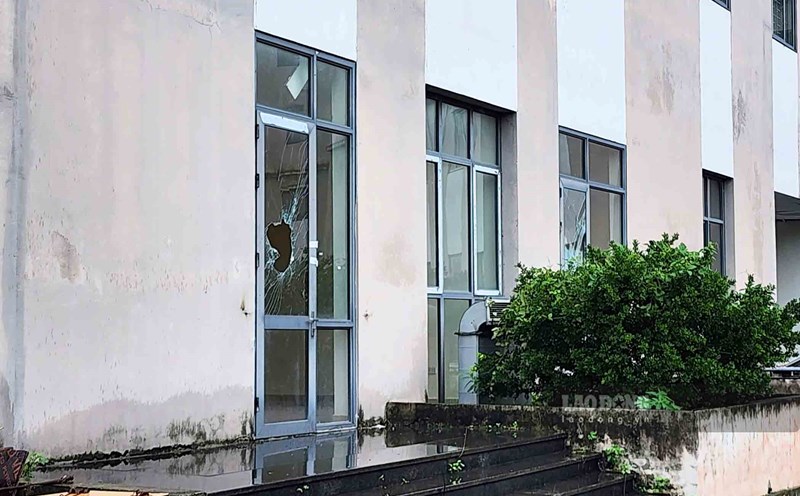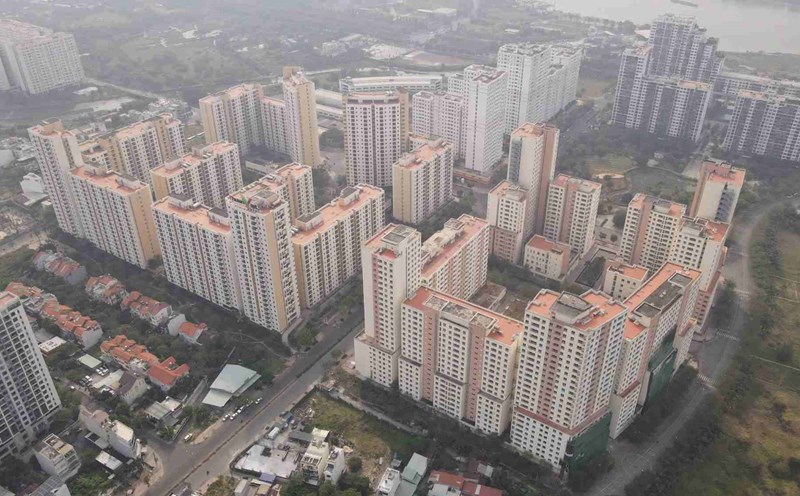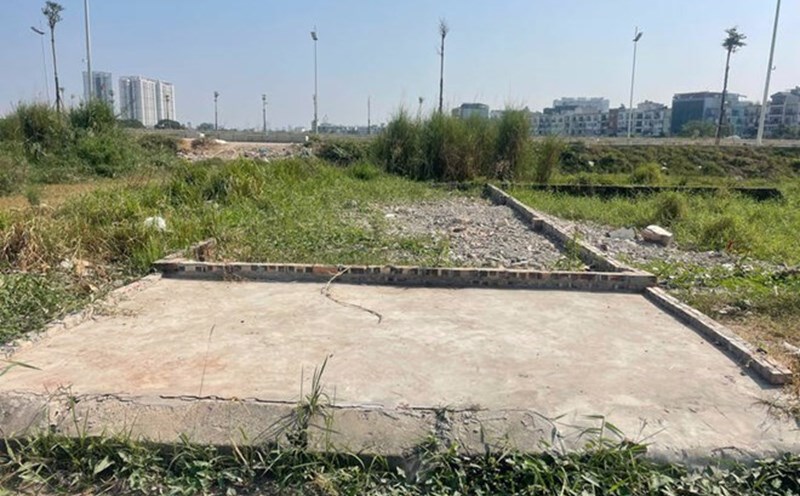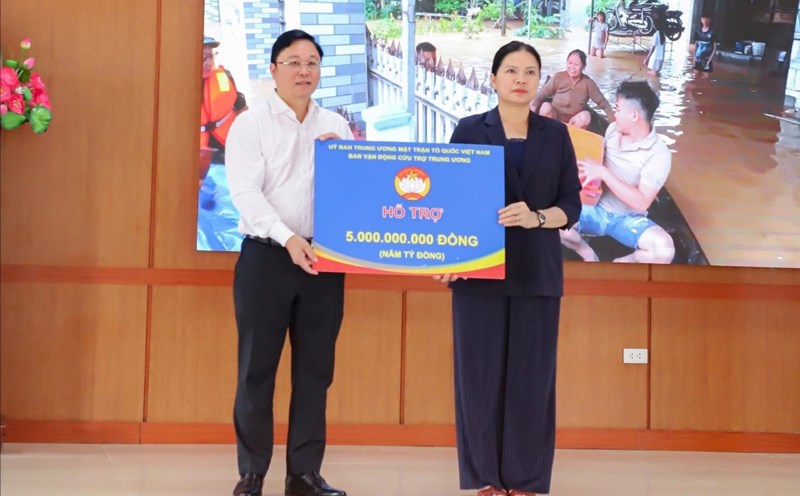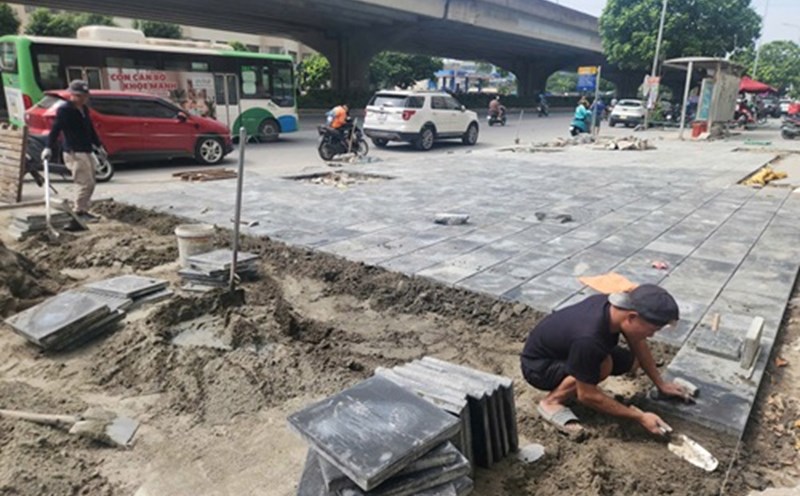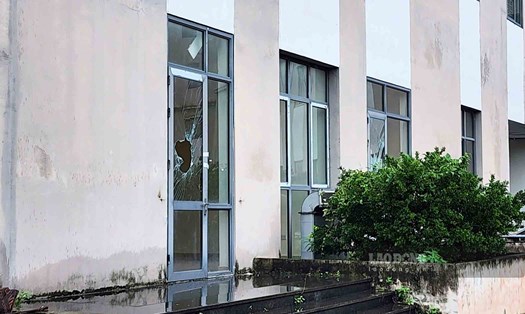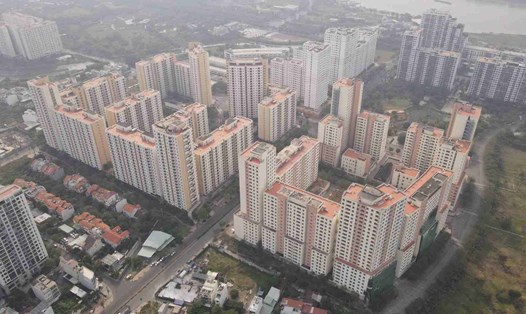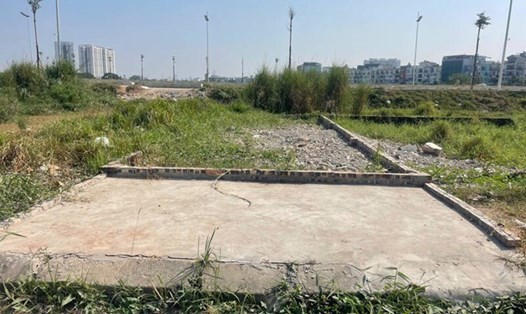The National Assembly will consider the issue of land valuation
On October 30, continuing the program of the 10th Session of the 15th National Assembly, Deputy Prime Minister Le Thanh Long participated in explaining and clarifying a number of issues raised by National Assembly deputies at the discussion session on the socio-economic situation.
In his explanation, Deputy Prime Minister Le Thanh Long said that the reality of high housing prices makes it difficult for people to access.
He said that the Government is synchronously implementing solutions to stabilize the market. Including amending and supplementing legal regulations on land and the real estate market.
At the 10th Session, the National Assembly will also consider the Resolution on handling a number of urgent issues in the Land Law, especially the issue of land valuation.
Deputy Prime Minister Le Thanh Long expressed his expectations for the 1 million social housing program and said that according to the report of the Ministry of Construction, to date, 165 projects have been completed, equivalent to 117,000 apartments.
The total number of completed and approved investment projects by the end of 2025 is expected to reach 60%.
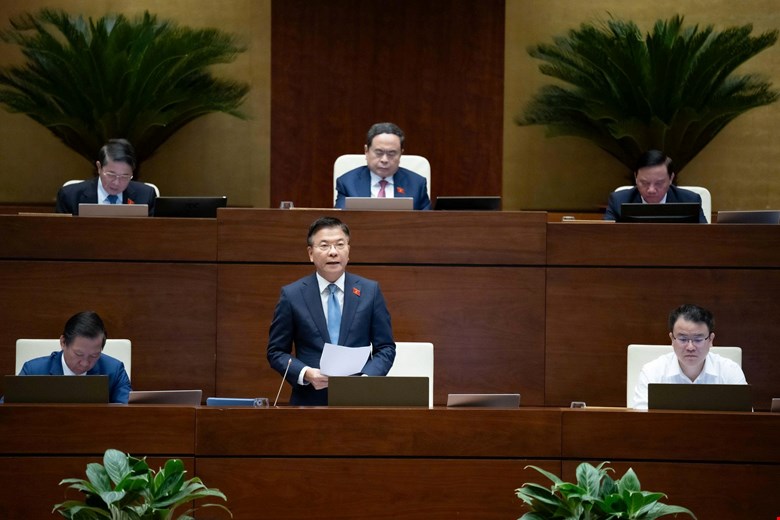
Previously, in the discussion, the issue of housing prices was of interest to people, voters and many National Assembly deputies. Delegate Ha Sy Dong (Quang Tri delegation) expressed concerns when the real estate market with housing prices skyrocketed.
The delegate said that according to the inspection report of the Economic and Financial Committee, real estate prices in Hanoi and Ho Chi Minh City have increased rapidly, ranking in the top 8 out of 220 major cities in the world in terms of the high cost of real estate compared to income.
The delegate said that each person with an average income must have over 30 years of savings to be able to buy a house with an average price in these two cities.
"In the recent past, the Prime Minister has given very strong instructions, hopefully in the coming time, housing prices will cool down" - this delegate emphasized.
Strive to disburse all public investment capital by the end of the year
Informing about some contents related to public investment disbursement, the Deputy Prime Minister said that according to the report of the Ministry of Finance, as of October 23, 2025, public investment disbursement reached 51.7% (in 2024 it reached 51.5%), equivalent to VND 465,000 billion, VND 116,000 billion higher than the same period last year.
The disbursement rate and value have both increased, but the results have not yet met expectations even though the Government has implemented many solutions.
The reason is that the number of public investment projects has been sharply reduced, from more than 12,000 projects in the period of 2015 - 2020 to less than 5,000 projects in the period of 2021 - 2025, and striving for less than 3,000 projects in the period of 2026 - 2030.
This method aims to focus resources on large projects, "tearing up the boards", but at the same time, the disbursement progress is also slow down.
In addition, mechanisms and policies are still behind in implementation in practice, especially in decentralization, delegation of authority, reduction of procedures, handling of mineral and investment issues.
The arrangement of the administrative apparatus also caused the work handover process between individuals and units to be interrupted, affecting the implementation progress.
However, the Deputy Prime Minister affirmed: "The Government strives to disburse all public investment capital from now until the end of the year".
Another issue that National Assembly deputies are concerned about is school violence. Explaining why disciplining students for school violence is currently only in the form of writing reviews and criticisms, Deputy Prime Minister Le Thanh Long said that this regulation takes international experience.
According to the Deputy Prime Minister, if students violate, in addition to the handling of the school, they can also be handled according to other current laws, and may be subject to administrative sanctions, reform or criminal sanctions depending on their age and severity of violation...

